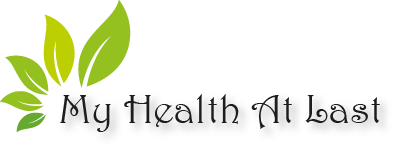
Asparagus
🌿
Asparagus is a Eurasian member of the lily family (liliaceae) and a fast-growing, long lived perennial. Spears shoot up early in the spring sometimes growing as much as 10 inches in a 24 hour period. The rest of the year, beautiful ferny foliage, tiny flowers and, in autumn tiny red berries add interest to the garden. It looks great in the perennial boarder or herb garden.
🌿
Asparagus was prized by the ancient Greeks over 2500 years ago. It was considered to be a cleansing and healing herb and used it for many medicinal purposes. The Romans in their turn also prized asparagus and cultivated it.
So much did the Romans prize asparagus, that in the first century, runners took asparagus from the Tiber River valley to the Alps so that it could be frozen and thus preserved for the feast-of-epicurus.
King Louis XIV had asparagus grown in his greenhouses so that he could enjoy it year round, he dubbed asparagus the King of Vegetables. It was also popular in England and other parts of Europe and colonists brought it to America where Native Americans used it for medicine.
🌿
It is used in lust and fertility spells especially as relates to male stamina and potency.
Asparagus is rich in vitamin B6 and folate, both of which can boost arousal and orgasm. and it also boasts vitamin E, which stimulates sex hormones in both men and women making it easy to see how it gained it’s legendary aphrodisiac status.
Asparagus is brimming with other vitamins and minerals too like vitamins A, C and K, as well as iron, copper, calcium, protein, and fiber.
With all these nutrients, learning how to prepare everything from asparagus salad to asparagus soup and understanding asparagus how to cook it or blending it into a smoothie with other tasty foods is a good idea as cooking times affect health benefits.
🌿
Asparagus has been used for preventing stones in the kidneys and bladder and anemia due to folic acid deficiency.
Some people apply asparagus directly to the skin for cleaning the face, drying sores, and treating acne.
In bodybuilding asparagus is not only used as a diuretic, it is also used as a powerful alkalinizer. It contains Sulphur-rich compounds that dramatically increase body alkalinity. You would need to eat pounds of lettuce or broccoli to get the alkalinizing effect of one pound of asparagus, it has another added benefit: it contains soluble fiber which lowers LDL cholesterol.
Asparagus is extremely low in calories at about 20 per serving (five spears), has no fat, and is low in sodium.
So if you’re a bodybuilder desiring to look more ripped with less pain or you want to lose weight, enhance your love life, improve your skin or just generally feel healthier, a daily dose of asparagus may be just what you need.


